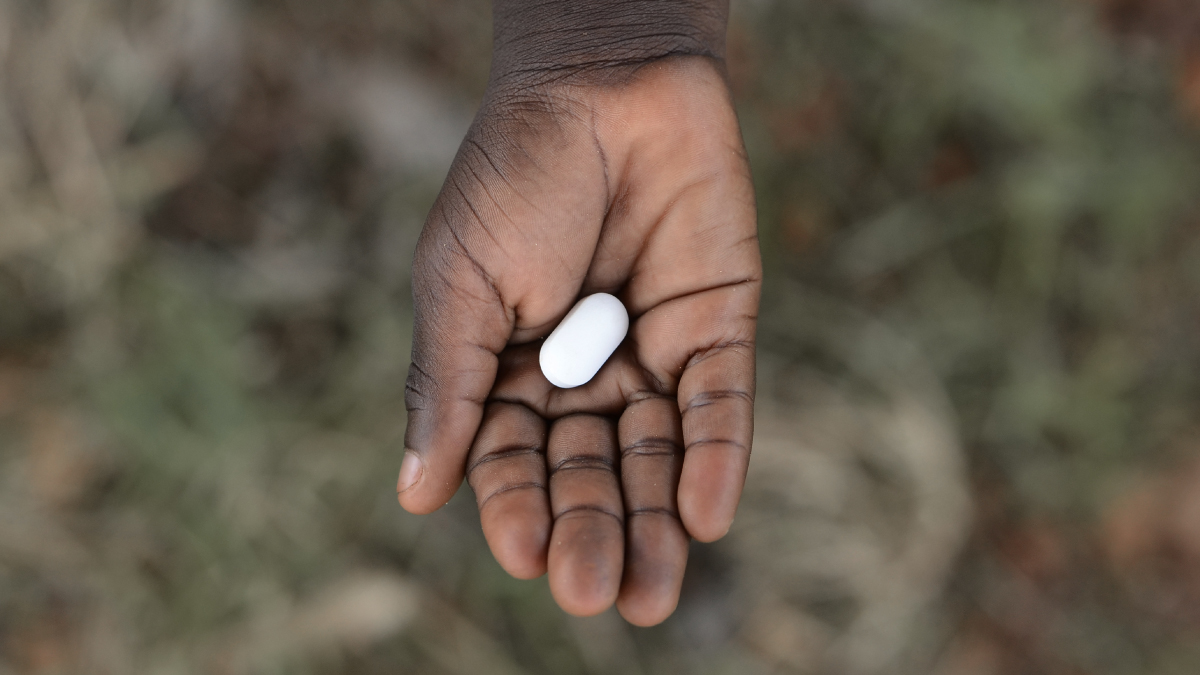
Regional Experts to identify investment incentives for Antibiotic production in the region
East African Community Headquarters, Arusha, Tanzania, 10th November, 2021: The East African Community has convened a two-day workshop with the objective of validating a draft study report on investment incentives for antibiotic production in the region.
Speaking during the opening of the meeting, the EAC Director of Productive Sectors, Mr. Jean Baptiste Havugimana, said that the pharmaceutical sector was one of the priority areas for the EAC according to the EAC Industrialization Policy.
In this regard, Mr. Havugimana said that the region aspired to develop the pharmaceutical industry as part of the region’s social and political integration agenda.
“As a region we recognize the strategic importance of developing local production of pharmaceutical products in promoting access to affordable, high quality, essential medicines; an aspiration we pursue through the implementation of the EAC Regional Pharmaceutical Manufacturing Plan of Action,” he added.
The Director observed that there was still a high dependency on imported pharmaceutical products across the region, while local firms lack capacity to manufacture advance formulation.
“Today, the EAC Partner States import between 70 to 90 percent of the medicines that the region’s population consumes. There is need for Partner States to develop a harmonized regional list of essential medicine and medical devices that can be manufactured and procured from the region to promote local pharmaceutical sector,” added Mr. Havigumana.
The meeting is also set to consider the recommendations of the study report on supply and production of antibiotics within the context of Antimicrobial Resistance (AMR) and propose prioriy actions for the EAC-UNCTAD project on Antibiotics.
In 2020, UNCTAD and the WHO teamed up on a three-year project to help build the needed partnerships and guide governments on the policies needed in the EAC. The project is expected to help align local production of antibiotics in the EAC to the regional public health needs as well as to increase currently undersupplied antibiotics while reducing excess supplies of those causing antibiotic resistance in patients.
UNCTAD is set to lend its expertise in the areas of investment, trade facilitation, intellectual property, business development and industrialization, while the WHO will help governments and businesses understand the regulatory laws and standards
Speaking during the meeting, UNCTAD representative Ermias Biadgleng, said that regional approaches were critical in building a sustainable pharmaceutical sector.
“Middle and high income countries provide subsidies for their pharmaceutical sector, the EAC region should establish pricing incentives for locally produced pharmaceuticals if the sector is to grow in the region,” said Mr. Biadgleng.
Biadgleng disclosed that UNCTAD was keen to support the region in the production and supply of antibiotics in an effort to address the shortage of different types of antibiotics across the region.
“As the WHO recommends the controlled use of antibiotics, UNCTAD has taken the initiative to review infrastructure and policy frameworks to combat the causes of AMR and address the public health needs of the region, “ he said.
The meeting brought together representatives of the the National Medicines Procurement Agencies, National Medicines Regulatory Agencies; National Pharmaceutical Manufacturers’ Association; Federation of the East African Pharmaceutical Manufacturers (FEAPM) and National Coordinators for the AMR stewardship programmes.
For more information, please contact:
Simon Peter Owaka
Senior Public Relations Officer
Corporate Communications and Public Affairs Department
EAC Secretariat
Arusha, Tanzania
Tel: +255 768 552087
Email: sowaka [at] eachq.org
About the East African Community Secretariat:
The East African Community (EAC) is a regional intergovernmental organisation of six Partner States, comprising Burundi, Kenya, Rwanda, South Sudan, Tanzania and Uganda, with its headquarters in Arusha, Tanzania.
The EAC Secretariat is ISO 9001: 2015 Certified
